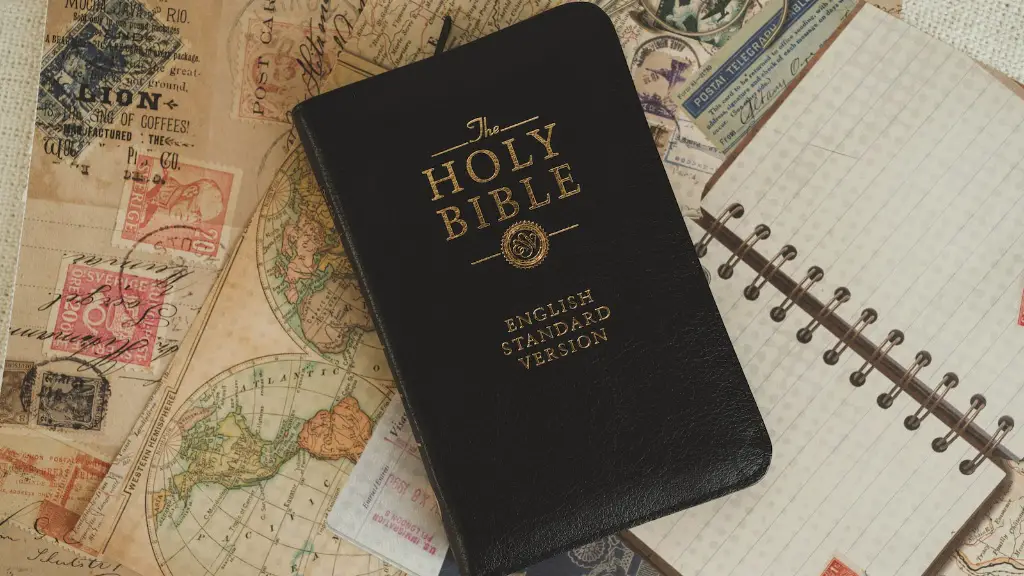The everlasting debate around the public domain of the Bible has been around since centuries.The Bible, or specifically its texts, not all of its applicable materials, has often been considered to be in the public domain mainly because of its religious nature. Although considering it to be public domain helps to provide people with wide access to Biblical text, there are other factors that need to be taken into account, such as copyright and authorization.
The Bible is written by a collection of various authors and, due to its long journey through history, has been translated and adapted numerous times. The copyright of any adaptation or derivative works depends on when it has been produced. Generally, any translation prior to the 1923 is bound to be almost a hundred percent in the public domain, however there are exceptions.
Copyright holders of modern translations and adaptations of the Bible, such as the New International Version and the English Standard Version, dispute that their versions should also be counted as public domain because it requires vast research and significant effort to bring out the true meaning and richness from the text. They are of the opinion that making it all public domain would significantly reduce the reward for the effort, thought and labor that has gone into recreating the Biblical text. There are also other authors who are not in favor of the Bible being public domain.
The opposite opinion is that the Bible should be freely available for enjoyment, study, teaching and public worship. They agree that the effort and labor of creating a fresher text need to be recognized and rewarded, though they confidently opine that it is not only logistically difficult to monitor who is using the material, but also simply unfair to charge on such a treasure.
In any case, there is no clear lead in the public domain of the Bible debate. However, there are legal solutions and solutions of common sense which can be applied to fairly monitor the usage and make sure that authors’ works are recognized and rewarded.
Impact on Religion
While the debate is polarised, both sides agree that making the Bible public domain is likely to affect religious thoughts and expression.For centuries, works of faith have been protected from theft and recreation without credit and copying materials without permission.Making all of it public domain, even for educational purpose, might not prevent all sorts of copying, but it could reduce it significantly.
Citizens around the world might come to know more about the Bible in its entirety, deepening their faith and religious beliefs. On the other hand, there is the potential for it to be misused and misinterpreted, due to a wider audience consuming the material. This may give rise to incorrect information and even spread of false teachings.
From a business perspective, if a faith-driven company decides to have its materials available in the public domain, this means that it will not be able to charge for it or generate any profits. In some cases, this might mean a drastic change in the company’s income or even a complete halt of its mission.
Impact on Writers
Most authors of the Bible, as well as its derivatives, are in agreement that making it public domain will significantly affect their rights and income. Writers and translators who spend hours and lots of effort to bring something very unique to the public will not be able to get their effort deemed and may have to stop producing the material altogether.
Moreover, if everything becomes public domain, authors may not have any right to take action against anyone who violates the copyrights or misuses the material. And finally, being public domain means there would be no one to stop anyone from copy-pasting any work, making unauthorized adaptations, or distributing it beyond its intended purpose.
Impact on Education
Many educational institutions value their Biblical texts, particularly those that are considered to be classic works. Making it public domain might affect its value within academic circles since the material will be freely accessible to any one with access to the internet. This presents many advantages, such as providing easy access to reading materials and study materials to everyone, regardless of their socio-economic background.
But, on the other hand, students are likely to find these texts less valuable since it will be easily obtainable. This could result in a decreased level of respect for the material, not only academically but also personally.
Impact on Market
Making the Bible public domain will have a large impact on the market, specifically the publishing industry.There is a chance that a large industry might fall and the people in it might suffer losses due to wide availability of biblical texts in the public domain, as there is no guarantee that anyone will buy their works and adaptations.
In addition, the publishers may have to directly compete with individuals that are producing such works, giving them an edge. This shift would have an overall impact on businesses involved in producing, marketing and selling the material, leading to difficulties of surviving in a cut throat market.
Impact on Creativity
Due to its sheer volume, the Bible is not only an endless source of inspiration and creativity for many authors, but it has also become a vital part of everyday conversation and experience. Making it public domain without any regulations or stipulations would mean that anyone can do anything with it, as it will not be bound to copyrights.
This opens up the potential for use of inappropriate language and visuals, as well as unintended distortions and misuses which could do more harm than good. Unrestricted creativity while dealing with materials of faith can lead to wrong interpretations and misrepresentations, which may have an everlasting impact.





